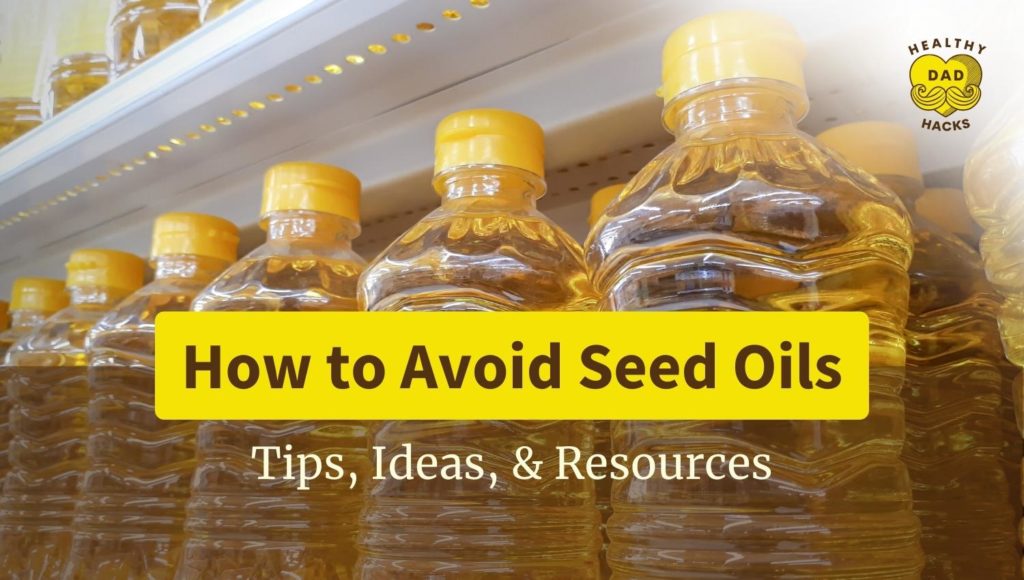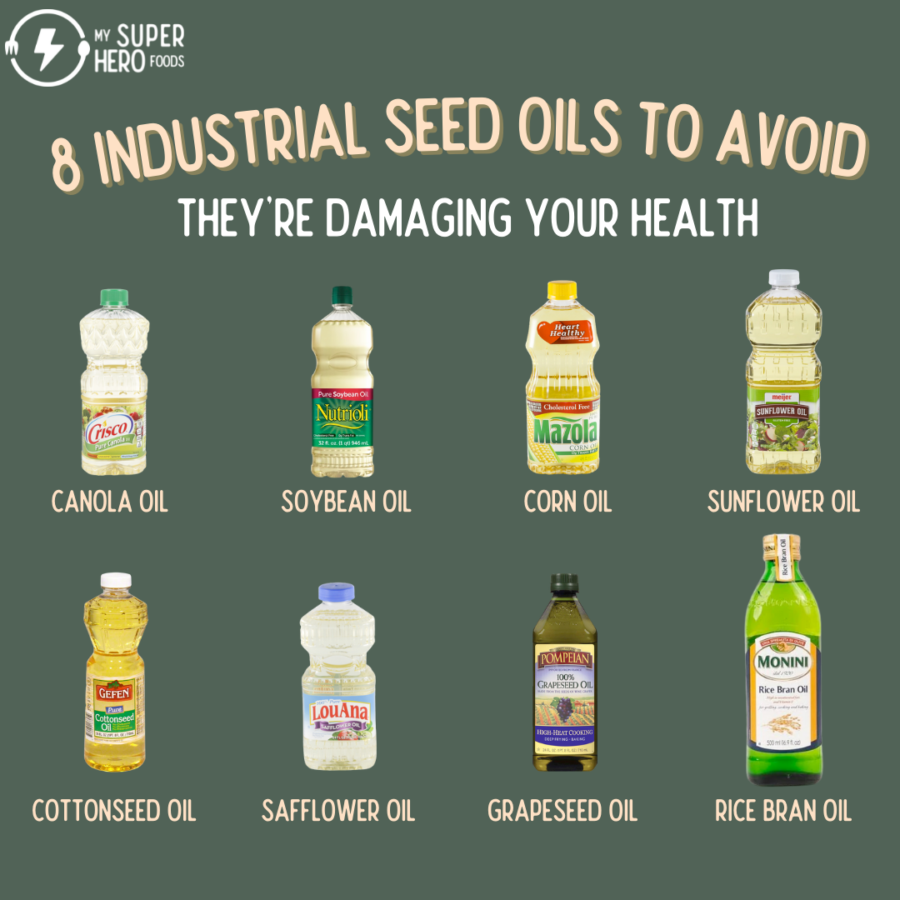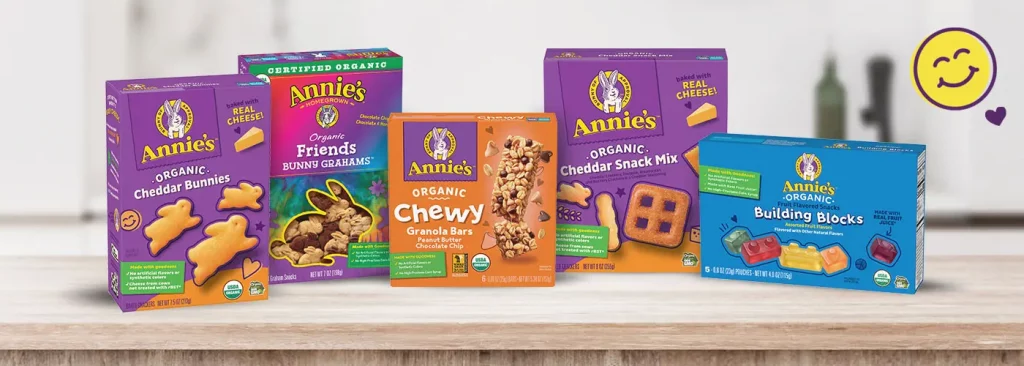Amazon Affiliate Disclaimer
This content may contain affiliate links, which means that if you click on one of the product links, I may receive a small commission to help purchase more Dad-friendly products to do more helpful reviews! As an Amazon Associate I earn from qualifying purchases.
I have many people to thank for opening up my eyes to the toxicity of seed oils.
My Seed Oil journey
Charlie Bailes, the founder and my partner at CB Supplements, was first. Back in 2019, he shared with the world his collagen protein testimony and highlighted that removing vegetable oil from his sick daughter’s diet was a major piece of the puzzle to the turnaround of her health.
After reading, my first reaction was:
Wait, what? How can it be bad since it’s made of vegetables?
My alarms were officially sounded.
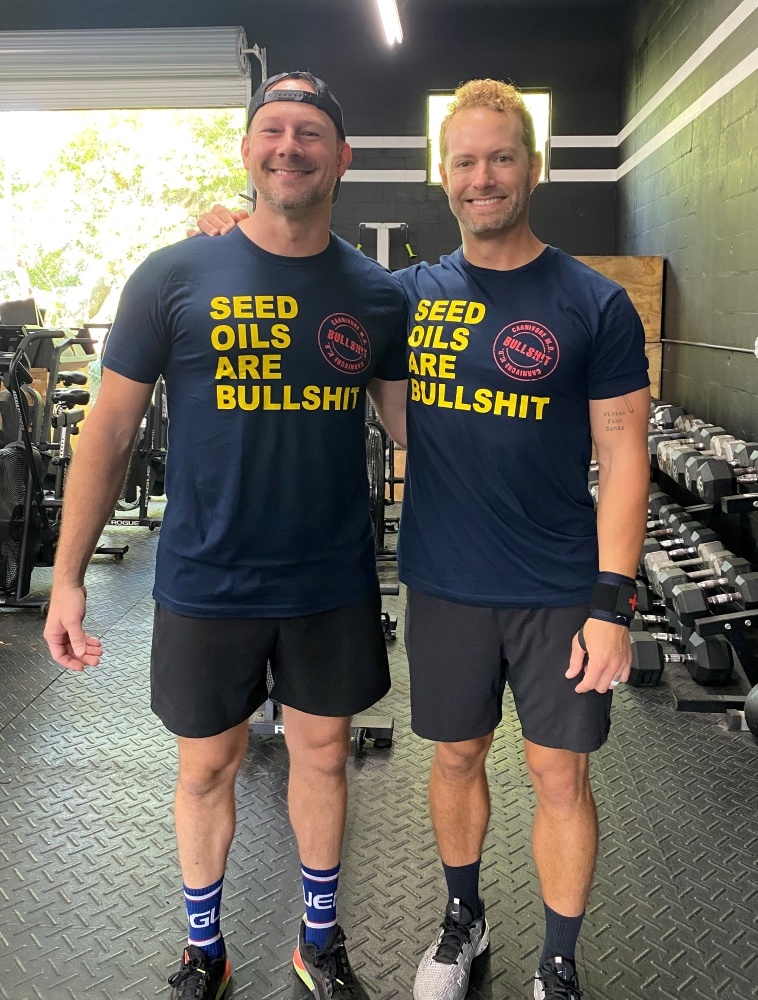
Next, Dr. Cate Shanahan, M.D. helped me understand the raw science of good fats vs bad fats. Yes, she’s a board-certified family physician, but her superpower is she’s also a biochemist and has been studying seed oils before people even started talking about them. Being a biochemist means she knows the biology behind seed oils and how they negatively impact our bodies. Check out her PUFA (Polyunsaturated fatty acid) Project that reveals this evidence.
Goodness, if ain’t this the case of “things are not always as they seem.” What makes this evidence even more discouraging is that most people don’t even know they’re consuming seed oils!
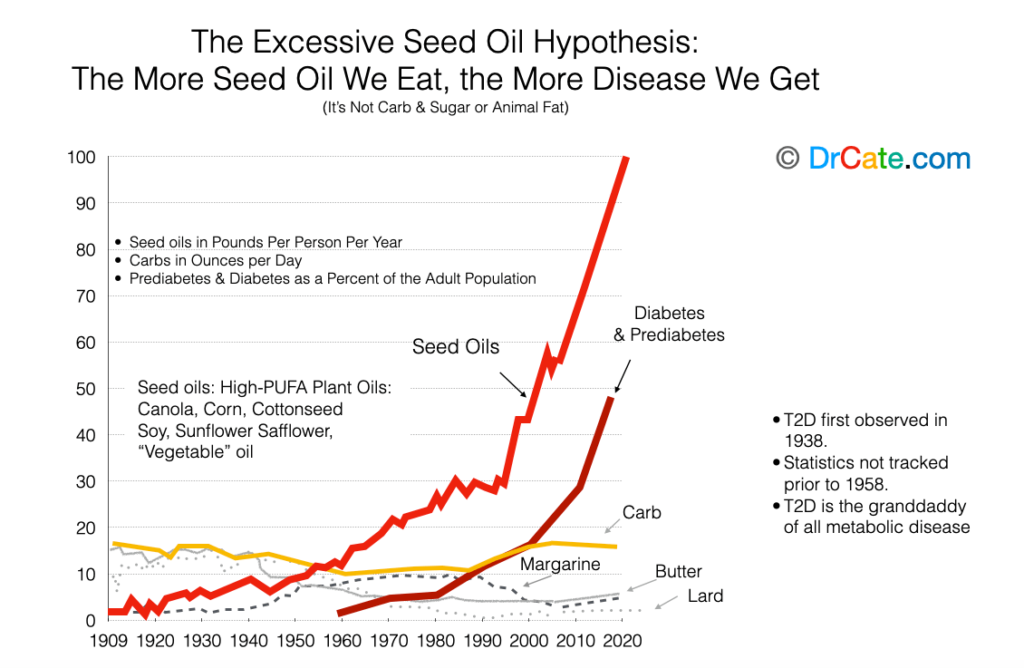
Avoiding seed oils is so important to me and my family, its one of my most critical healthy dad goals I’ve set and measure.
What are these “seed oils”?
Before getting practical and sharing the ways you can avoid seed oils, let’s set the stage here.
This article won’t spend the necessary time to answer this very critical question, many have addressed this already. If you want to fast-track your seed oils education, you can’t go wrong with this 30-minute video below titled “The $100 Billion Dollar Ingredient making your Food Toxic”.
Quick (and dirty) History of Seed Oils
This is answered quite extensively in the video above, but here’s the high-level.
- Procter & Gamble convinced Americans that we don’t need animal fats. Instead, we need seed oils. This changed the landscape of food and nutrition advice and recommendations for decades.
- Americans started consuming industrial seed oils in the early 1900s in the form of Crisco, a form of hydrogenated seed oil. Paul Saladino (aka Carnivore M.D.) has a great Instagram reel on this unfortunate turn of events in U.S. history.
- The American Heart Association was paid off to promote seed oils. This smoking gun helped everyone see why, exactly, seed oils were recommended by the AHA over animal fats.
- Scientists began to re-examine saturated fats in the late 2000s, which exposed seed oils for what they are — [insert all the profanity here!] Dr. Cate’s book, Deep Nutrition, was pioneering.
- Science Journalist, Nina Teicholz, also helped expose the smoking gun of seed oils, see this Twitter thread and her book, Big Fat Surprise.
Bad Fats! The Seed Oils to Avoid
There are eight bad oils you should avoid, Dr. Cate has coined them the “Hateful 8”, which include:
- Canola (also called “Rapeseed”)
- Corn
- Cottonseed
- Soy
- Sunflower
- Safflower
- Grapeseed
- Rice bran
Also, for clarity’s sake (this confused me early on in my journey), “vegetable oil” is the umbrella term for all the above seed oils.
Healthy Fats! Choose instead of Seed Oils
This is too easy, folks. Avoiding seed oils by replacing them with healthy fat is simple. Here are your numerous options:
- Avocado oil
- Butter
- Coconut Oil
- Duck Fat
- Ghee
- Lard
- Olive oil
- Peanut oil
- Tallow (Great for French fries!)
- Sesame oil
- Flax oil
- Walnut oil
- Almond oil
- Macadamia nut oil
My faves are grass-fed butter, ghee, and coconut oil!
What foods are high in seed oil?
As I mentioned above, seed oils are in everything. They will show up in your day-to-day if you are not intentional about this. Even if you are intentional about it, you have to be extreme because marketing folks are smart. Products marketed as “Healthy” sometimes ain’t that healthy!
To learn how to avoid seed oils, you must first understand which foods have a high concentration of seed oils. The foods high in seed oil are:
- Cooking oil
- Fake butter (Margarine)
- Processed snacks
- Restaurant food
- Condiments
- Hummus
- Salad dressings
- Plant-based fake meat
Let’s explore each of these briefly.
1. Cooking Oil
They line the Condiments/Dressing aisle in every grocery store. Even “healthy” grocery stores, such as Whole Foods and Sprouts, line their shelves with these cooking oils — the Whole Foods brand (365) offers its own vegetable oil!
You can’t escape these cooking oils in-store, but you can head home with healthier ones.
2. Fake Butter (Margarine)
I remember “I Can’t Believe It’s Not Butter!” sitting on the kitchen table during my teenage years. Why in the world would we stop consuming real butter for fake butter is truly astonishing, in hindsight. With that said, I don’t blame my parents. They didn’t know any better when buying groceries for the family, we were all victims of misleading advertising.
All these fake butter products, made from plants, are loaded with seed oils. “Margarine is hardened by an additional processing step called hydrogenation”, says Dr. Cate. “It’s full of trans fats and quite unhealthy.”
3. Processed Snacks
Kids are consumed with the consumables of processed snacks such as:
-
- cookies
- chips, veggie sticks, popcorn
- crackers
- nuts, trail mix
- bars (protein, granola, etc.)
- gummies
As a Dad trying to fight the good fight, this can seem like an insurmountable challenge to avoid snacks that use seed oils.
Seed oils are much cheaper than other types of healthier fats, which only helps the bottom line of brands that make cheap and unhealthy processed snacks. Basically, that means, most of these snacks you pack in your kids’ school lunch will contain seed oils. Yes, even Veggie Straws fall victim to using Canola/Safflower/Sunflower oil. Good grief, right? But, I bring good news.
There are some brands committed to offering better snacks for the kiddos, here’s a quick link to bounce down now.
What about “organic seed oils” in snacks?
Don’t be fooled by organic snacks throwing in the word “Organic” before each seed oil ingredient or mislead when you see “Organic Expeller-pressed”. Though “organic” and “expeller pressed”, these seed oils still get:
- refined
- bleached
- deodorized
“These three additional treatments guarantee that the polyunsaturated fatty acid molecules will be oxidized in ways that generate toxins”, explains Dr. Cate.
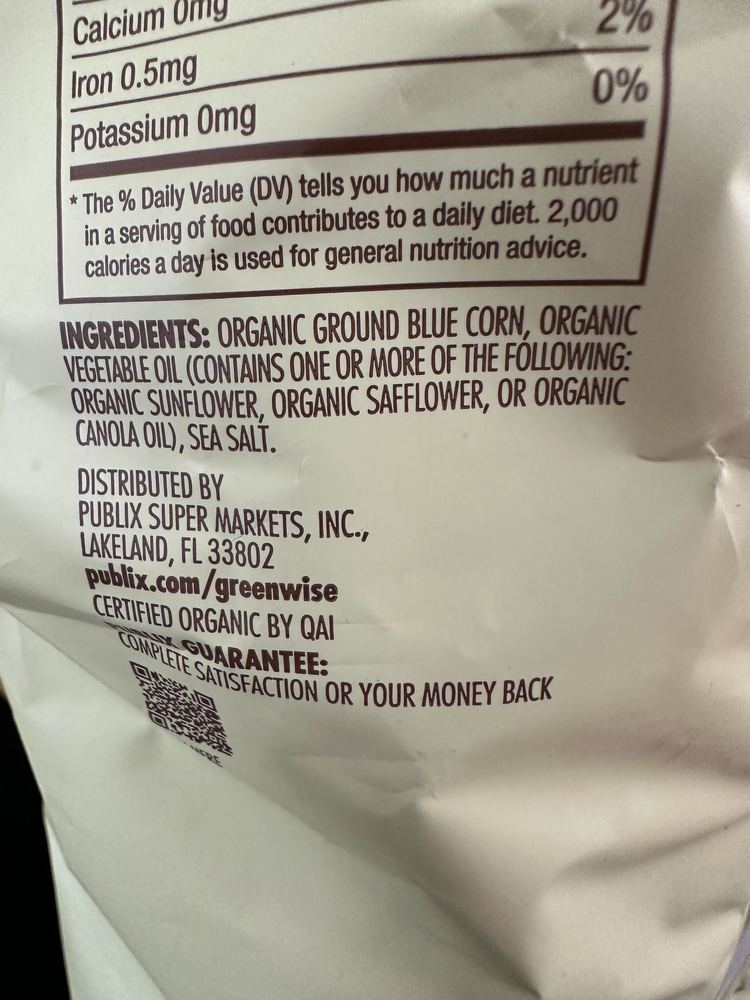
4. Restaurant Food
You can’t escape this, even in “fine dining”. Nearly every restaurant will use soy, canola, or some vegetable oil blend. Most will even reuse frying oil. That means this oil is already sitting on the equipment (fryers, grills, etc.) and finding its way into your meat, vegetables, and whatever else you order.
Many restaurants will also make their own condiments and dressings, which means you know what — even more vegetable oil. And if they don’t make it themselves, they buy condiments and salad dressings in bulk (think Kraft, Hellmann’s, Hidden Valley, etc.) and each of those products are loaded with vegetable oil. Let’s discuss condiments and dressings more.
5. Condiments
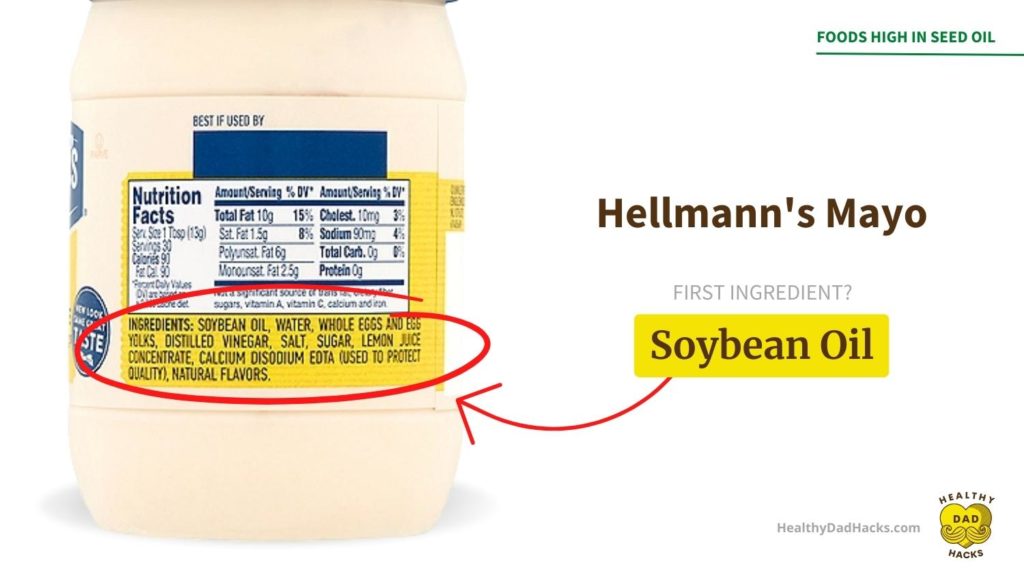
Yes, even mayo and Dijon mustards can’t avoid seed oils. Many of these creamy condiments will lead with soybean oil. Our pour burgers, french fries, and hot dogs!
Also, Mr. Ketchup, don’t think you get a pass here. Most ketchup, including the best-selling Heinz, don’t use seed oils in their ingredients but they do use high fructose corn syrup. I think we’d all agree that high fructose corn syrup is justly scrutinized as well.
6. Hummus
I guess hummus could also be considered a condiment? Or is it a dip? Nevertheless, this culinary delight makes this list of foods that contain seed oil!
Who would have thought that some hummus products, made from chickpeas, would also add seed oils to its ingredients? Ya know, that stuff you dip veggies into in order to ration your chips and salsa intake? Nothing seems to be safe from seed oils these days.
Most hummus bought in a supermarket is made with either soybean or sunflower oil. Instead, choose products with an olive oil base.
7. Salad Dressings
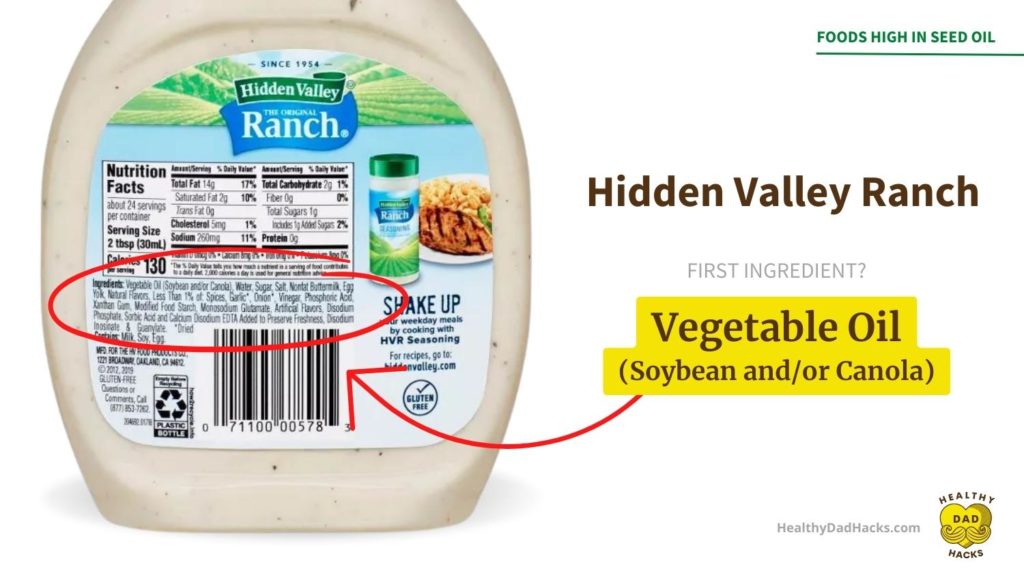
Most salad dressings use soybean or canola oil as their FIRST ingredient. Dr. Cate calls most salad dressings the “Silent Killer” because of their combo of a vegetable oil blend plus sugar. Yuck. Let’s pick on the the well-known Hidden Valley Ranch. This classic could easily be considered a condiment — we all have a friend that dips pizza and wings in it. However, if you took a deep dive into its ingredients you’ll start to seek healthier alternatives.
8. Plant-based meat (aka fake meat)
Canola oil (Beyond Meat) and Sunflower oil (Impossible Burger).
Enough said.
Need more reasons to avoid brands like Beyond Meat and Impossible Foods? They both use GMOS and void of the typical vitamins and minerals you’d get from actual meat. It’s also incredibly expensive, averaging $8/lb. vs. $4/lb. of ground beef in the U.S. — double the cost!
How to Avoid Seed Oils
Removing seed oils completely out of your diet, a true 100%, is a noble goal. It’s aggressive, and if there’s anything to be aggressive about with your nutrition, it’s certainly avoiding seed oils. But, this will prove difficult if you’re just starting this journey. That’s not meant to discourage, it’s just the reality of the world we live in, unfortunately. With that said, you are not a victim here, and you can start this removal process.
Here are the various ways you can avoid seed oils:
- Inspect ingredients, labels
- Buy brands void of seed oils
- Rely on apps & websites
- Ask questions at restaurants
- Eat at home
1. Inspect ingredients, labels
This is #1 on the list because it’s the easiest way to remove seed oils from your diet.

You absolutely must be vigilant here in grocery stores! Remember, many brands market their products as “Healthy”, but in fact, they are not healthy and you’ll find some sort of vegetable oil in their list of ingredients.
Don’t believe me? I’ll let Paul Saladino (aka Carnivore, M.D.) blow your mind with this IG reel.
2. Buy Brands void of seed oils
Let’s inspect the Annie’s brand a little more. They claim they use palm oil in their snacks, breakfast foods, pasta, and baked goods. Here’s Dr. Cate’s advice on palm oil:
Refined palm oil is a bit of a moving target these days, since the refining processes are not standardized and some factories will generate toxins. It’s best to avoid it if you can but if you have no choice its better than the Hateful 8.
However, they use organic expeller-pressed sunflower oil in some of their products. More about “organic” and “expeller-pressed” seed oils above. But, luckily, you have more options. Here are other brands you can trust to avoid seed oils in most, if not all, of their products.
Safe Brands that Don’t Use Seed Oils
Below are my favorite brands that avoid seed oils in most of their products. Let’s start with snacks, cause, well I’m a Dad and Dads (and Moms) need good snacks for the kiddos!
Snacks
I buy many snacks from Simple Mills. Similar to Annie’s, they do use organic sunflower oil in a few products unfortunately so read the labels twice.
My favorite snacks:
- Annie’s. As we explored above, some of their snacks unfortunately use expeller-pressed sunflower oil, like their waffles. But, many of their products are seed-oil free — my kids gobble ’em up.
- Siete. Who doesn’t love chips? This is the only brand of chips I buy these days, their Chipotle BBQ is SO TASTY.
- Mary’s Gone Crackers. Crackers typically contain cottonseed and soybean oil, thankfully we have this brand to snack on!
- Autumn’s Gold. Tasty and seed oil free granola bars!
Candy/Chocolate
My favorites:
- Smart Sweets. With a tagline of “Keep Sweets, Kick Sugar”, who wouldn’t want to buy? Sweetened with Stevia, void of sugar alcohols.
- Unreal. I am HOOKED on this brand! They use less sugar, organic palm oil (similar to Annie’s brand), and never add seed oils or high fructose corn syrup.
Protein
My favorites:
- Applegate. Their breaded chicken uses expeller pressed canola oil, avoid these specific products.
- Butcher Box. Unlike fake meat, this brand delivers high-quality 100% grass-fed meat, sans seed oils!
- Epic. I crush their pork rinds (a food full of collagen!), but their animal-based protein bars are just as good.
- Chomps. I’m a loyal subscriber to these beef sticks and eat at least one every day. At 8g of protein per stick and 100% grass-finished, there’s not a better protein snack!
Bread/Tortillas
My favorites:
- Food for Life. Their bread doesn’t use any high fructose corn syrup, unlike many white breads.
- Siete (mentioned above) also provides delicious tortillas (in almond flour and cassava flour)
Pancake/Muffin/Cake Mixes
My favorite pancake mix:
- Bob’s Red Mill Pancake Mix. The tastiest and easiest to use gluten free pancake mix! You’d be surprised how many pancake mixes inject vegetable oil and artificial flavors. Bob’s Red Mill is super clean.
Condiments & Salad Dressings
My favorites:
- Primal Kitchen. Founded by Mark Sisson (another advocate for avoiding seed oils), you won’t find healthier and more delicious dressings and condiments! The Mayo & Chipotle Lime are mouthwatering on a variety of foods.
- Sir Kensington. Many of their products are avocado oil-based, but some lead with sunflower oil. Boo. Read the labels folks!
- Scout Mustard. A versatile and sweet tasting mustard dipping sauce, the main ingredients are whole milk, egg, and butter.
As you can see, there are PLENTY of options to avoid seed oils when shopping. Dr. Cate has a much more exhaustive seed oil-free shopping list — I highly recommend bookmarking and referencing before buying any food.
3. Rely on Apps & Website Resources
Aside from educating yourself, checking the ingredients on labels, and knowing which brands to choose — technology is another practical way to help you avoid seed oils.
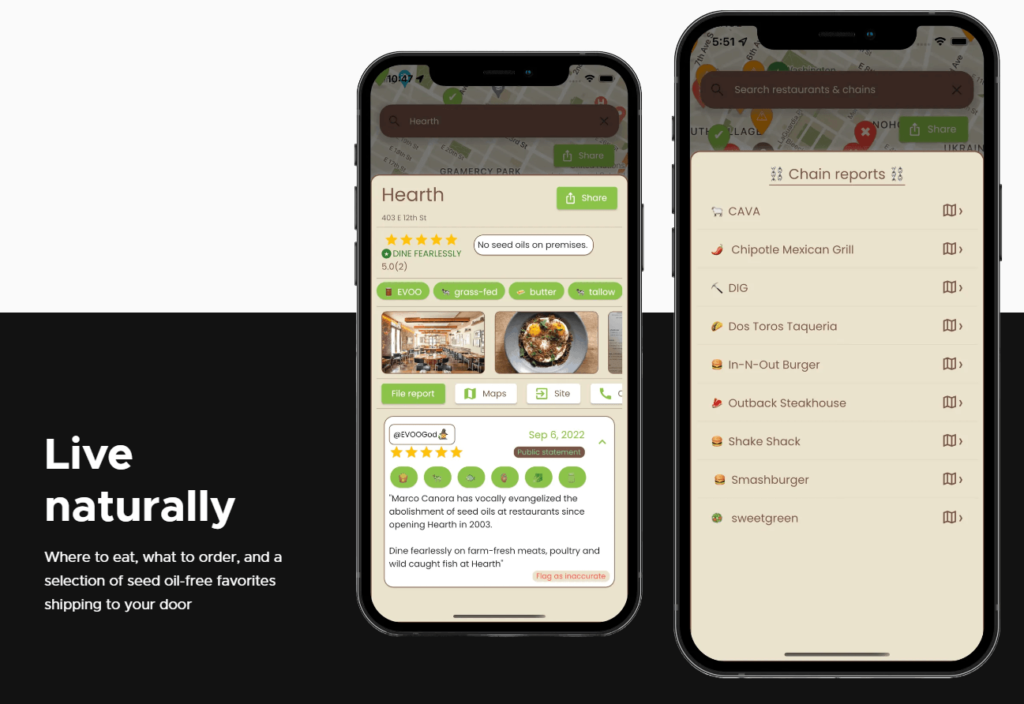
Apps to help you avoid seed oils
- Seed Oil Scout. Per their website: “An app enabling the community of conscious diners to map out restaurants that care for their customers by cooking with healthy oils.”
- Seedy (taking donations via GoFundMe). They have one goal: “Make Seedy the one-stop source for a seed oil-free lifestyle.”
Websites to help you avoid seed oils
- LocalFats.com. Find local restaurants that cook with good fats.
- Shopping List of PUFA-Free Foods, by Dr. Cate.
- SeedOilFreeRestaurants.com. The database is light, but they’re looking for a community to grow it.
4. Ask questions at restaurants
How do you avoid seed oils in restaurants?
If you haven’t done your homework before arriving using one of the websites/apps listed above, you can still avoid consuming seed oils in their food. How exactly? Just ask your server what type of oil they cook with!

As I mentioned above, many restaurants will use a vegetable oil blend. If you’re going in blind to a restaurant, and find yourself unsure of the oils they cook in, simply ask. I’m positive your server has heard the question before. And if not, just ask them to ask the kitchen.
Listen, this can be an uncomfortable question to ask. I get it. You definitely don’t want to be “that guy” or “that girl” asking what oil their fries are cooked in. But, if you’re serious about avoiding seed oils, you must be diligent here. And who knows, maybe your inquisitive nature will be overheard and it’ll inspire those eavesdroppers to start Googling. 🙂
For the record, and this is a sad fact cause my wife and I LOVE fries, most restaurant fries will be cooked in bad seed oils. But, more and more restaurants are cooking fries in beef tallow — hooray!
5. Eat at Home
This may seem obvious, but eating at home is a great defense against seed oils.
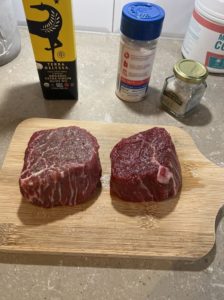
If you’re bringing foods void of seed oils into your house and you also cook with a healthy fat such as olive oil, grass-fed butter, or ghee (healthy fats listed above) — you’ve set yourself up for major success!
When I started cooking all my protein at home (mainly steak from Butcher Box on my awesome cast iron skillet), avoiding seed oils became much easier because I knew exactly what I was eating. This decreased eating out and playing Russian roulette with restaurants.
Dad’s Final Thoughts
Remember, you have great power with your wallet. Speaking of wallets, don’t miss my Ridge wallet review!
Help these brands that don’t use seed oils in their products, and the restaurants that cook with healthy fats, survive, grow, and prosper. We NEED these healthy options available to us now and in the future because there are just too many unhealthy ones.
You got this, Dad!
Can you win at Dadhood AND everywhere else in life? I'm just crazy enough to believe we can. With the right knowledge, hacks, habits, and motivation — we can crush it ALL!


About Eric
Eric Sharp is the founder of Healthy Dad Hacks. He married the love of his life (Sarah) and proud Dad of a blended family (Hazel, Roman, & Dean). When not thinking about being a better Dad, he enjoys; CrossFit, entrepreneurship, eating carnivore, collecting Michael Jordan sports cards, music, and fancy sneakers.
[Picture: Turkey Trot 2021]


